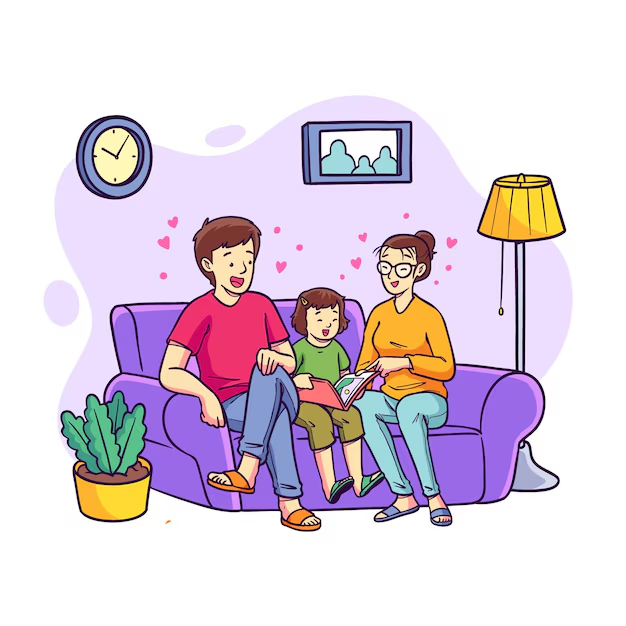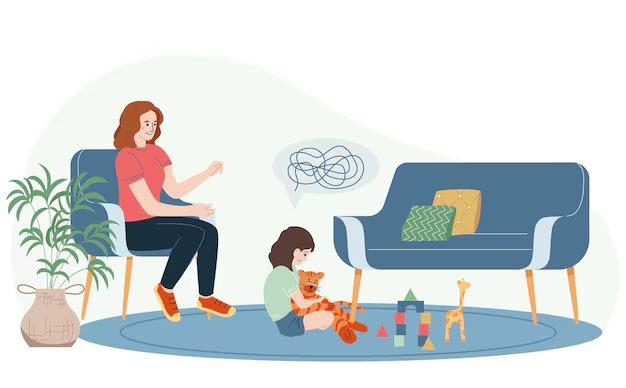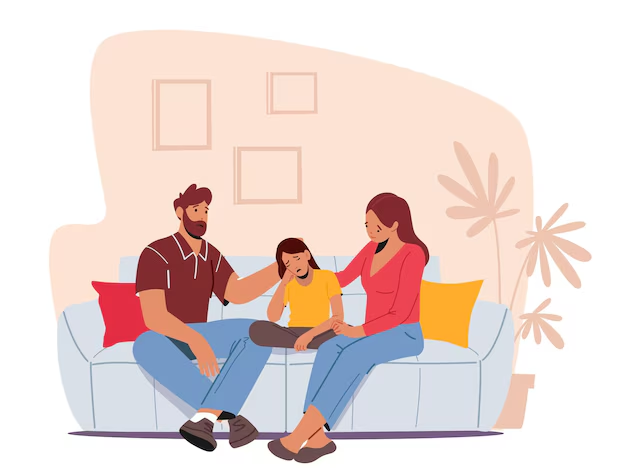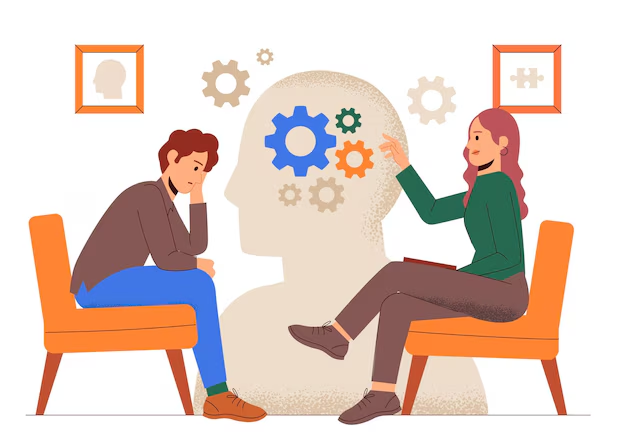
Importance of Parent-Child Counseling
Parent-Child Counseling is a crucial aspect of supporting families with children with neurodevelopmental disorders. These disorders can impact the entire family, causing stress, anxiety, and emotional challenges. Parent-Child Counseling provides a safe and supportive environment for parents and children to address these challenges and develop strategies for success.
Goals of Parent-Child Counseling
The primary goals of Parent-Child Counseling in the context of neurodevelopmental disorders include:

Improved parent-child relationship
Strengthening the bond between parents and children, promoting emotional connection, and enhancing communication.

Increased parental confidence
Empowering parents with the knowledge, skills, and strategies to support their child's unique needs.

Enhanced child development
Promoting healthy development, social skills, and emotional regulation in children with neurodevelopmental disorders.

Reduced stress and anxiety
Providing parents and children with coping strategies and techniques to manage stress, anxiety, and emotional overwhelm.

Improved family dynamics
Supporting the entire family in adapting to the unique needs of their child, promoting a positive and supportive family environment.
Counseling Strategies and Techniques
Parent-Child Counseling may incorporate various strategies and techniques, including

Play therapy
Using play-based interventions to promote emotional expression, social skills, and attachment.

Parent training
Educating parents on strategies and techniques to support their child's development, behavior, and emotional regulation.

Family therapy
Working with the entire family to promote healthy communication, problem-solving, and emotional expression.

Cognitive-behavioral therapy (CBT)
Helping parents and children identify and challenge negative thought patterns, promoting more adaptive coping strategies.

Mindfulness-based interventions
Teaching parents and children mindfulness techniques to reduce stress, anxiety, and emotional dysregulation.
Specialized Counseling for Specific Neurodevelopmental Disorders
While Parent-Child Counseling can be beneficial for families with children with various neurodevelopmental disorders, some specialized counseling approaches may be more effective for specific conditions:
Conclusion
Parent-Child Counseling is a vital component of supporting families with children with neurodevelopmental disorders. By providing a safe, supportive, and non-judgmental environment, counselors can empower parents and children with the knowledge, skills, and strategies necessary to thrive.
Interested in Our Services? Lets Talk!

We understand the importance of trust.
If you're concerned about your Children Parent-Child Counseling or would like to learn more about our Behavioral Modification services, contact us today
